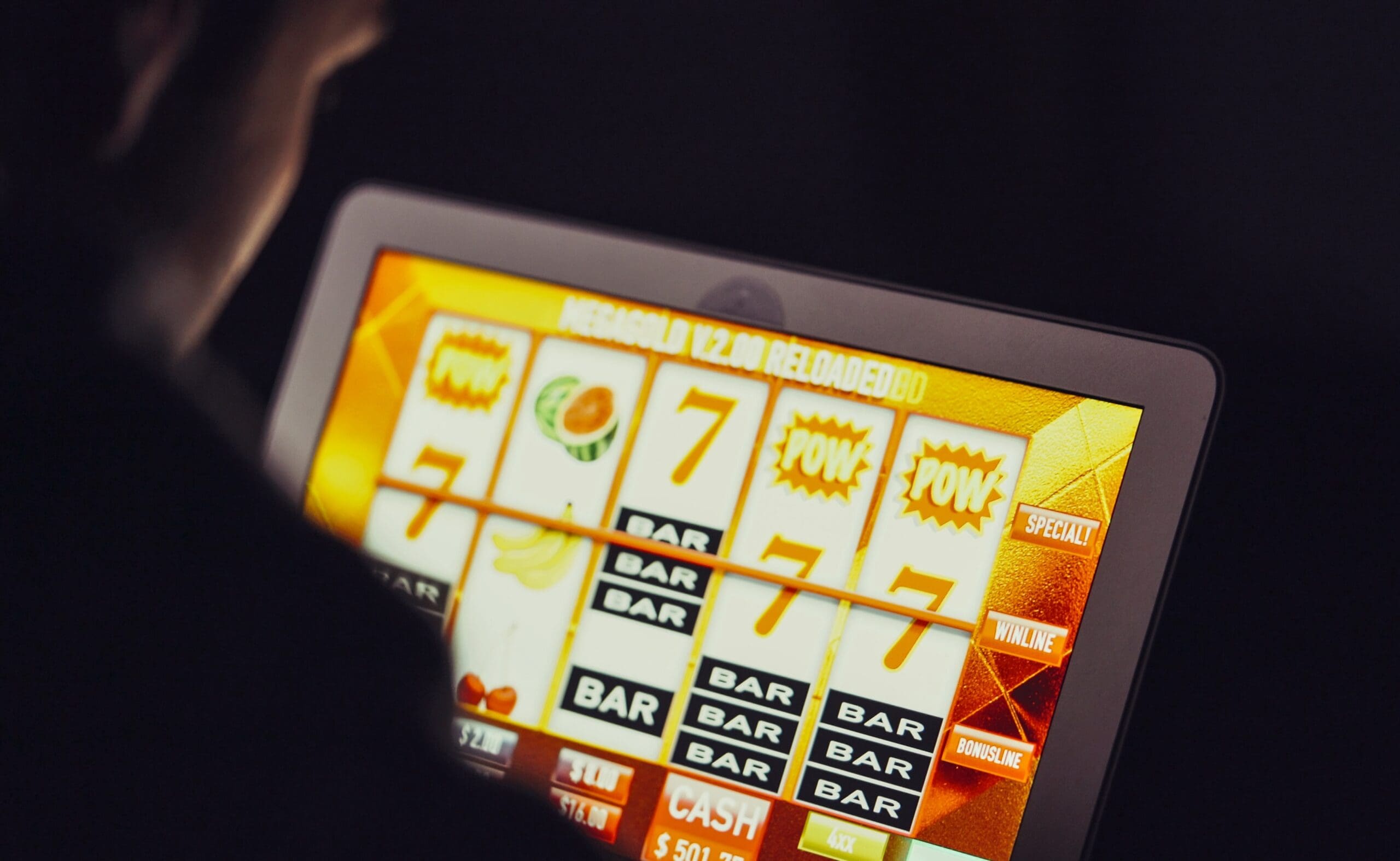
When we think of gambling activities, the initial images that often cross our minds are those of rotating roulette devices, poker tokens clattering on fabric tables, and cubes flying across a gaming surface. While numerous view these games as simple hobbies fueled by chance, a more profound exploration reveals a captivating blend of strategy, expertise, and social engagement that raises them well beyond simple chance. Whether you are a seasoned player or a inquisitive newcomer, understanding the subtleties of these activities can significantly enhance your experience and understanding.
Casino activities have evolved over hundreds of years, with various cultures contributing to their diverse backgrounds and different forms. From the intricate tactics of blackjack to the bluffing methods in card games, players engage in a contest of wits as much as a gamble on numbers. This dynamic interplay between luck and expertise creates a thrilling atmosphere that draws countless people to gambling establishments worldwide. As we delve into the realm of card games, we will uncover the strategies that can tilt the odds in your favor and the social elements that make these games a popular choice for leisure and interaction.
Table gaming often combine a mix of skill and chance, which makes them intriguing for participants who enjoy a test. Each title has its own set of guidelines and strategies that can influence the outcome. For instance, in titles like blackjack, players are required to use strategies like card counting and grasping the probabilities to make smart decisions. This expertise can significantly improve their victory potential, distinguishing seasoned players from novices who may depend entirely on chance.
In contrast, games such as the roulette may seem to be entirely based on chance, but tactical thinking can also play into play. Participants can choose between various wagering tactics, such as the Martingale strategy, in which they increase the wagers after losses. This approach can establish a more controlled way to the activity. Grasping the odds of specific bets can also help participants make smarter decisions on the table, showcasing that even games of chance, tactics can enhance the enjoyment.
Furthermore, poker is notable as a title that strongly focuses on strategy. Unlike most casino games, poker combines skill, psychology, and chance. Participants must not only concentrate on the hands they are given but also take into account their rivals’ behavior and wagering patterns. Mastering principles like position, pot odds, and reading bluffs is crucial for winning. This depth of strategy in poker often creates to a more engaging experience for players, as their choices and abilities significantly affect the game’s results.
In the domain of casino matches, probability and ratios hold a critical role in deciding a player’s possible consequences. Every activity has its own collection of rules that define how the probability of succeeding or losing is calculated. For instance, in matches like blackjack, players have a opportunity to influence their odds through planning, whereas in matches like the wheel, the outcomes are purely dictated by chance. Grasping how these chances are calculated can substantially impact how a gambler approaches the game.
Ratios are typically expressed in two forms: fractional and decimal. Ratio ratios show the ratio of the amount won to the sum bet, whereas numeric odds show the total payout for a winning wager, which includes the initial bet. For example, if a game has odds of 5 to 1, this means that for every one unit bet, a player could win five units if successful. Understanding how to interpret these odds enables gamblers to evaluate their potential winnings and make more wise choices during play.
Gamblers should also be conscious of the casino advantage, which is the casino’s inherent advantage over the gamblers. Each game has a different advantage, and understanding this concept is crucial for handling one’s expectations and bankroll. Activities with a reduced house edge, such as blackjack and chemin de fer, typically offer superior ratios for gamblers compared to games like slots and lottery. By acknowledging the connection between probability, ratios, and the casino advantage, gamblers can improve their gambling engagement and strategize more efficiently.
Table games at gaming establishments are often seen as a hub of social interaction, bringing participants together in a shared experience that goes far beyond the mere act of gambling. The atmosphere at a blackjack table can be electric, with gamblers engaging not only with the game itself but also with one another. Joy, excitement, and, occasionally, friendly banter create connections that enhance the overall enjoyment of the gaming experience. This communal aspect can turn a alone endeavor into a dynamic gathering, making casino games particularly appealing.
One of the fascinating elements of table gaming is the way it cultivates friendship among participants. Whether it’s teaming up to beat the dealer at a craps table or exchanging tales between hands in a poker game, the environment encourages communication. Participants often share advice or tactics, creating a sense of community that boosts the fun. This interpersonal atmosphere can make new players feel included and less intimidated by the competitive nature of casino games. As the game continues, friendships may form, leading to a sense of connection that keeps players coming back to the table.
Moreover, the social aspect of gaming at tables extends outside just the players. Casino staff play a vital role in facilitating interaction and maintaining the flow of the game. Their ability to engage gamblers with warm dialogue and their expertise in managing the table can create an inviting atmosphere. link bet88 This relationship between participants and dealers adds another layer of enjoyment, where gamblers feel connected not only to each other but also to the staff. Such interactions are often what make the experience memorable, as participants leave with tales to tell and connections made, reinforcing the notion that gaming at tables are truly about more than just chance.